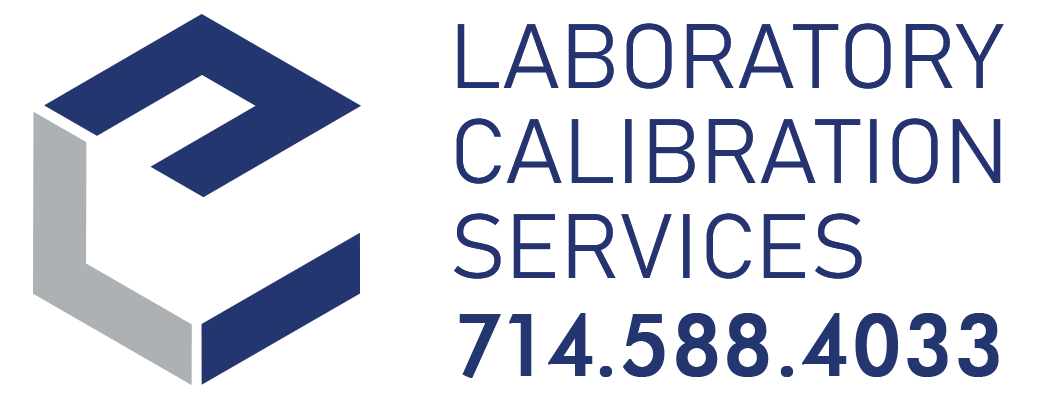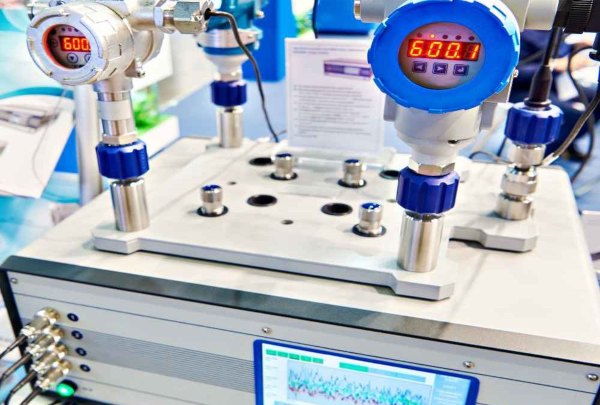Laboratory Accreditation: What is It and Why is it Important?
During the COVID-19 crisis, the importance of laboratory work has become abundantly clear. We depend on labs, and the scientists who staff them, to explore the spread of infectious diseases, to enhance our understanding of human pathologies, and ultimately to help us develop treatments and vaccines.
Even outside of health and medicine, laboratories play a crucial role in helping us apprehend the world around us; and they can be incubators for technological advances that make day-to-day life easier, safer, or more rewarding.
All of this depends on laboratories doing verifiable, high-quality work; and that, in turn, hinges on the concept of laboratory accreditation.
About Laboratory Accreditation
So what is laboratory accreditation, exactly?
Essentially, this is the process by which labs are evaluated and tested according to stringent and widely accepted criteria for quality, accuracy, reliability, and efficiency.
The accreditation process is designed to ensure that laboratories provide reliable results, and to minimize the prevalence of testing errors. Additionally, the accreditation process helps distinguish credible labs from those that are less reputable. It lends credence to results that come from accredited facilities. And it provides a general peace of mind about the findings or developments that emerge from accredited research environments.
Make no mistake: Not just any laboratory can receive full accreditation. It’s actually a fairly long process, typically involving a sequence of audits and re-audits. Basically, to become accredited, a laboratory has to demonstrate a capability to do consistently good work, and to furnish consistently accurate results, across a long span of time.
It’s also worth noting that there are a lot of accrediting boards, including some that are specific to a particular field of research and others that are particular to certain nations or regions of the world. While these organizations can vary a little bit in their processes and standards, all are basically seeking the same thing: Proof that the lab in question is accurate and precise in its measurements and methodologies.
What About Laboratory Accreditation Services?
Because accreditation is such a significant undertaking, it’s not something that labs want to enter into lightly. For this reason, many laboratories will enlist the help of professional accreditation services.
Basically, laboratory accreditation services ensure that the lab is properly prepared to pass their audit. Often, this emphasizes tools and equipment that are properly calibrated. In other words, accreditation services will carefully evaluate tools such as pressure gauges, thermometers, and other types of sensors, verifying that they offer precise and accurate results. If discrepancies are found, accreditation services may also assist with equipment adjustments and repairs.
Learn More About Lab Accreditation Services in Southern California
To prepare for your lab accreditation in Southern California, consider hiring Laboratory Calibration Services (LCS). We are proud to be a regional leader in equipment testing and repair. We also offer our expertise in helping clients ensure their readiness for the auditing process.
LCS specializes in the calibration of equipment, offering a comprehensive range of electronics calibration services. Some additional benefits to choosing LCS include:
- We provide on-site or off-site calibration, as needed.
- We offer prompt response times (3-5 days for full calibration).
- We provide full documentation to confirm that equipment has been fully calibrated.
It is our pleasure to work with laboratories of all kinds, as well as manufacturing facilities. We have decades of experience, and a sterling reputation among labs in Southern California.
We’d love to answer any additional questions you may have about preparing your lab for accreditation. To find out more, we welcome you to reach out to LCS at your next opportunity.

